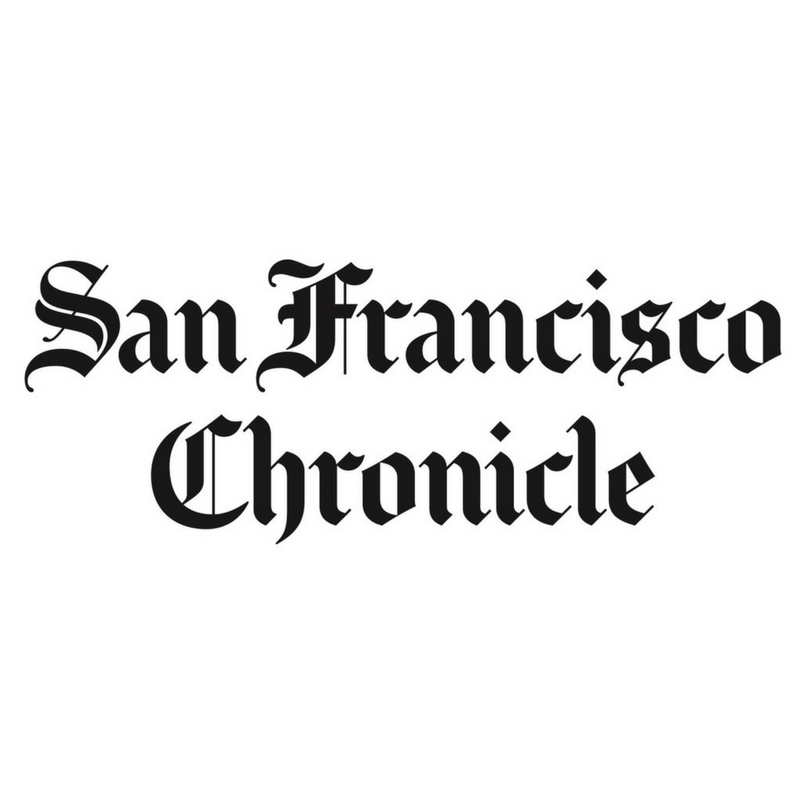The Epoch Times – February 23, 2017
By Emel Akan
Ever wonder how online retailer Amazon can compete with everybody on price? It’s not just about economies of scale.
For many years, Amazon enjoyed a competitive advantage by avoiding the collection of sales tax in many U.S. states. The company became the world’s largest online retailer thanks partially to its sales tax strategy and to subsidies from states.
As recently as 2011, Amazon was only collecting sales tax in five states, said Carl Davis, research director at the Institute on Taxation and Economic Policy (ITEP), a nonprofit research organization focused on tax policy.
This is one of the ways by which the giant online retailer has kept its prices low compared to brick-and-mortar retailers such as Wal-Mart and Best Buy.
…
In South Carolina, for example, Amazon cut a deal in 2011 to receive $61 million in subsidies for its fulfillment center and secured five years in sales tax breaks, according to a report by the Institute for Local Self-Reliance (ILSR), a nonprofit research organization.
However, when the states wanted Amazon to start collecting taxes, the company threatened to shut down its facilities and lay off workers, according to the ILSR report.
With the passing of state “Amazon laws,” the company realized it had little choice but to comply. So instead of clashing with each state, Amazon decided to negotiate with states so it could receive as many tax concessions as possible.
Amazon received public subsidies for at least 52 percent of its facilities and data centers built in the United States between 2005 and 2014, according to a report by Good Jobs First, a nonprofit organization that tracks public subsidies. These subsidies had a combined value of $760 million.
…





